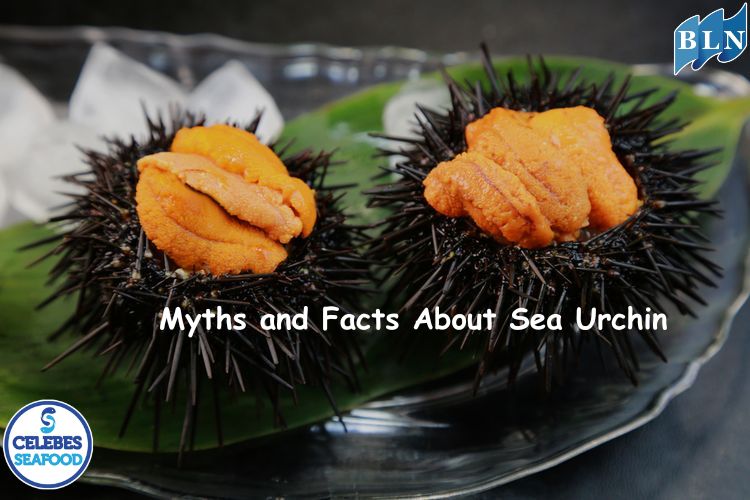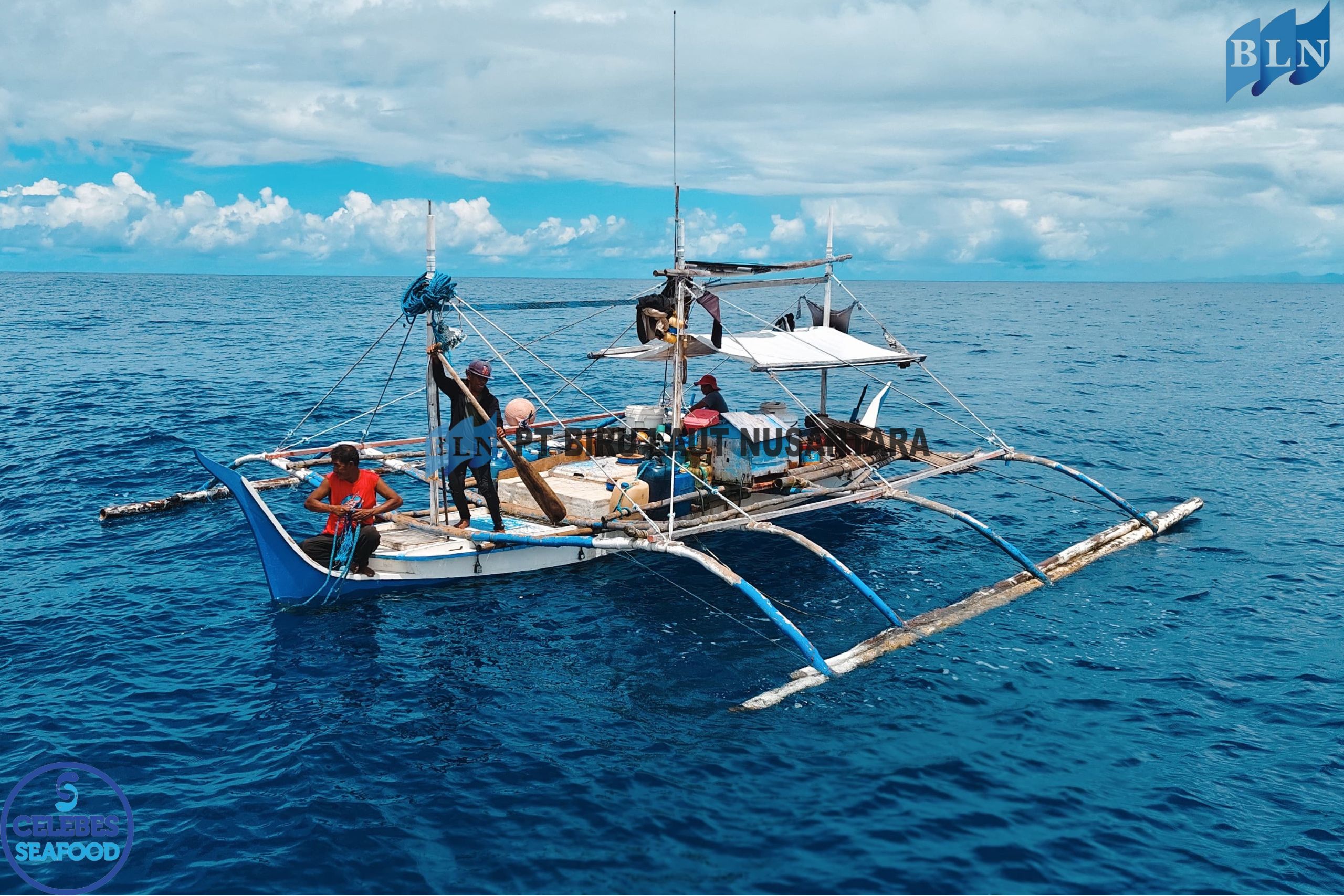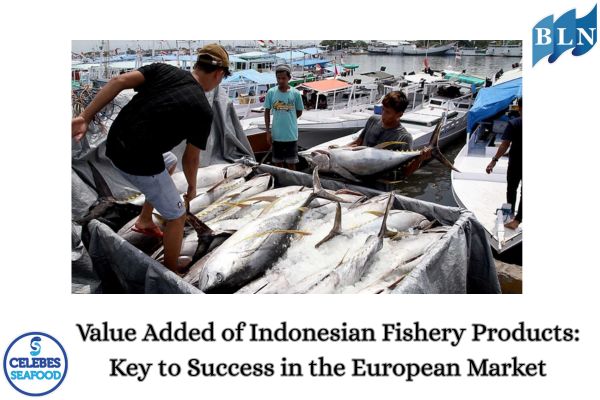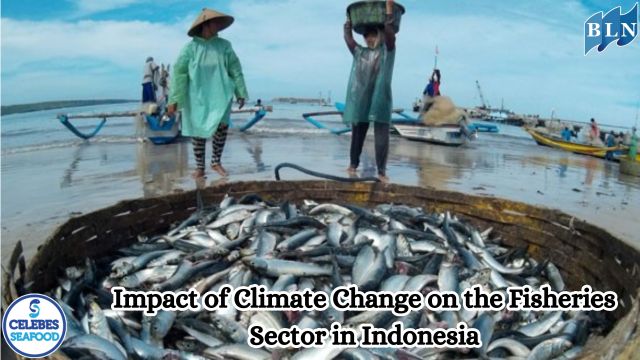Understanding the Core Principles Pescatarian Lifestyle
By. Nevanda - 13 Sep 2023
lautnusantara.com - A pescatarian diet is a type of diet that is primarily plant-based but includes seafood and fish as the primary sources of animal protein. The word "pescatarian" is a combination of "pesce," which is the Italian word for fish, and "vegetarian." This diet excludes other forms of meat such as beef, pork, poultry, and game meats.
Here are the key principles of a pescatarian diet:
1. Emphasis on Plant-Based Foods
The foundation of a pescatarian diet is plant-based foods such as fruits, vegetables, legumes, whole grains, nuts, and seeds. These foods provide essential nutrients, fiber, and antioxidants.
Read also: Get To Know About 7 Fun Facts of Anchovies
2. Fish and Seafood
Pescatarians include fish and seafood in their diet. These sources of protein are rich in omega-3 fatty acids, which are beneficial for heart health and brain function. Examples of commonly consumed fish include salmon, trout, tuna, shrimp, and mussels.
3. Limited or No Other Meats
Pescatarians avoid red meat (beef, pork, lamb) and poultry (chicken, turkey). Some pescatarians may choose to exclude all other forms of meat completely, while others might occasionally include small amounts of these meats.
4. Dairy and Eggs
Many pescatarians include dairy products (like milk, cheese, and yogurt) and eggs in their diet. These provide additional sources of protein and essential nutrients.
Read also: Exploring the Fish Choices for Perfect Fish and Chips
5. Flexibility
Pescatarianism is flexible, and individuals can tailor their diet to their preferences. Some pescatarians may choose to eat fish and seafood regularly, while others may consume them occasionally. The degree to which other animal products are included can also vary.
It's important to note that individual preferences and dietary choices can vary among pescatarians. Some may lean more toward a vegetarian diet with occasional fish consumption, while others may include fish in most of their meals. As with any diet, it's essential to ensure that it meets your nutritional needs and fits your lifestyle. Consulting with a healthcare professional or registered dietitian can help you create a well-balanced pescatarian eating plan.
Read also: Anchovies’ Ecological Role to Protect Marine Ecosystems








